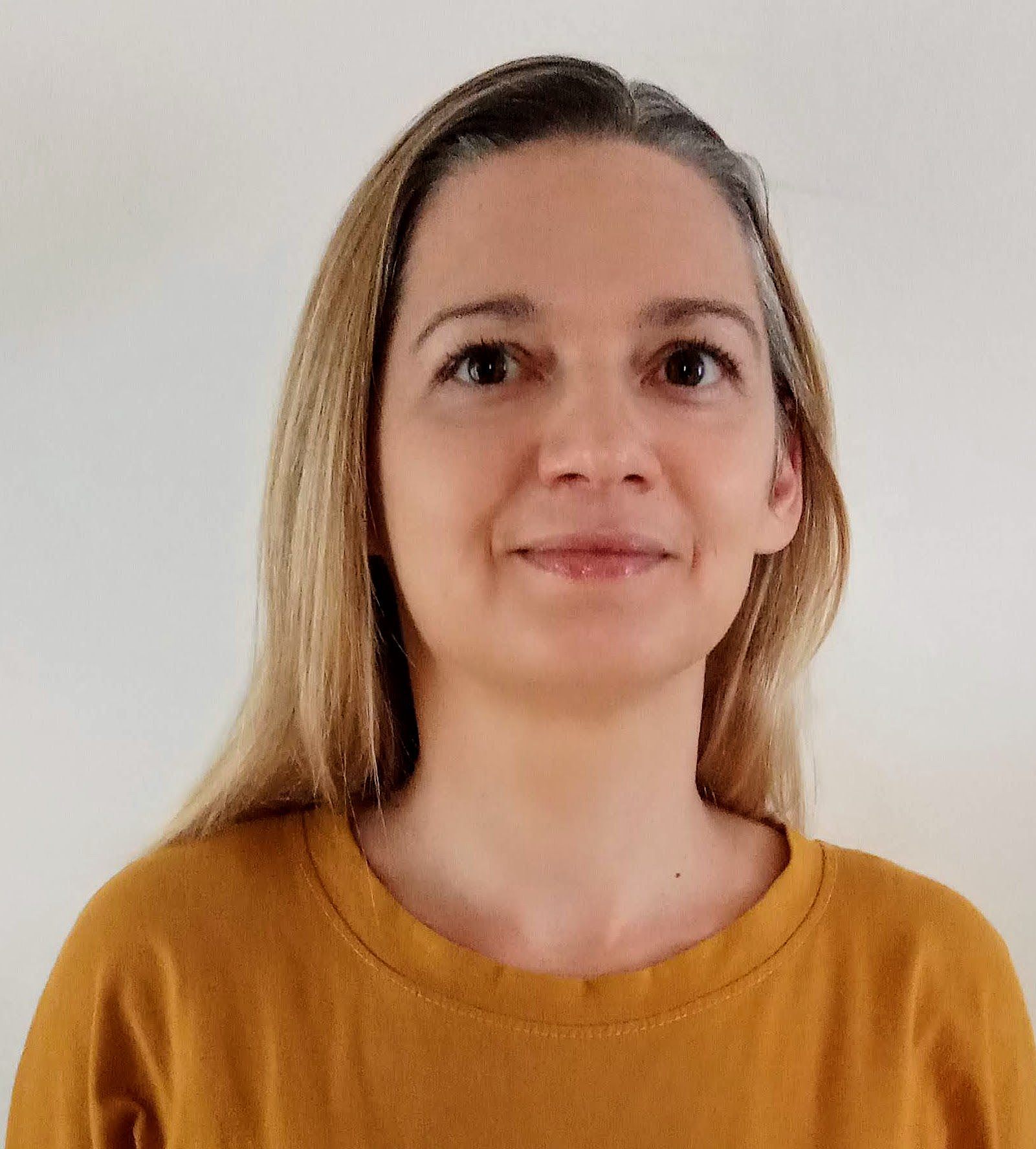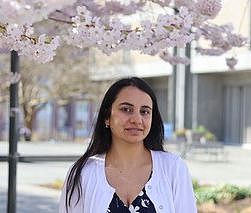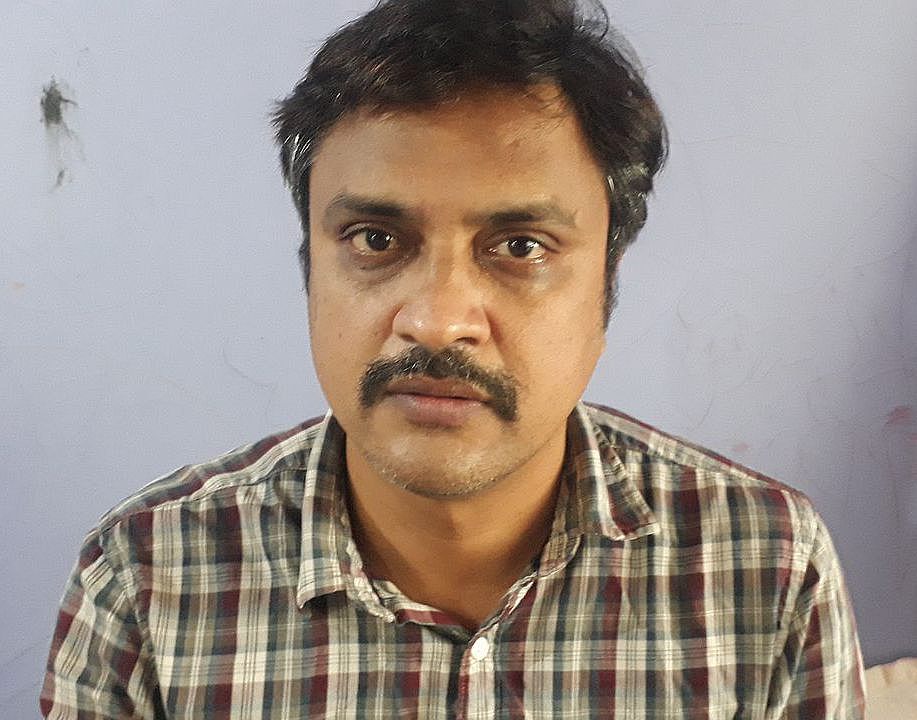Mitwirkende am Projekt „Medicine and Migration“
Prof. Dr. Florian Steger, Director of the Institute for History, Theory and Ethics of Medicine at the University of Ulm.

Why was it important to carry out the "Migration and Medicine" project?
"The medical care of refugees is a central social issue. Refugees are part of our population. Every person has a right to basic medical care. This must be ensured everywhere in the world. At the same time, it is a great challenge for the health care system to ensure culturally sensitive medical care at a high level."
Dr. Giovanni Rubeis, Institute for History and Ethics of Medicine at the University of Ulm.
Why does politics and medicine need to pay more attention to the medical care of refugees?
"Refugees are a particularly vulnerable group. On the one hand, they have a comparatively high need for medical care. On the other hand, the barriers to accessing care for refugees are often very high. As a result, the high demand for care is matched by a severely limited supply of care. This situation is unacceptable from a medical ethics perspective. Here, politics and medicine must work together to ensure needs-oriented care."
Dr. Katharina Weilert, Forschungsstätte der Evangelischen Studiengemeinschaft e.V. (FEST), Institute for Interdisciplinary Studies
What made the international collaboration on this project so enriching?
"The international collaboration with (young) scientists from different countries enables one's own view to widen, towards new perspectives. The organization of the health care system in particular is different in each country due to political and cultural differences. In discourse, one's own views can be reconsidered in order to explore different ways of tackling a global problem and to present possible solutions."
Dr. Robert Doricic, Faculty of Medicine, Department of Social Sciences and Medical Humanities, University of Rijeka, Croatia
What made the international collaboration on this project so enriching?
"This project made it possible to look at the problems of migrants from different perspectives. It is in the diversity of approaches, as well as in the heterogeneity of the presented research on current problems of migrants in these European destinations, that I find the greatest value for a better understanding of this topic, especially given the fact that I come from Croatia - primarily a transit country on modern migrant routes."
Pranab Rudra, Institute for History, Theory and Ethics of Medicine at the University of Ulm.
Why was it important to carry out the Migration and Medicine project?
"As a Bangali immigrant with a background in medicine and the natural sciences, I felt it was important to participate in the project. I wanted to compare the doctor-patient relationship of my home country with Germany. Therefore, I chose a topic that dealt in particular with the paternalistic model and participatory decision-making between doctor and patient in detail. The most important insight for me personally was that there is no ideal model that is applicable to all cultures and all societies."
Dr. Pedro Alejandro Villarreal Lizárraga, Max Planck Institute for Comparative Public Law and International Law, Heidelberg, Germany.
Why was it important to carry out the Migration and Medicine project?
"This collaboration per se deals with a multinational phenomenon. In my own research area, namely international law and transnational diseases and COVID-19, I often must deal with issues where the solutions to problems cannot be attributed to a single state or field of knowledge. Instead, it is necessary to promote international and cross-disciplinary perspectives. For this, in this project, the exchange of ideas with colleagues from different fields and countries has been a great added value."
Vera Vogel, Düsseldorf University, LVR Clinic for Psychosomatic Medicine and Psychotherapy
Why does politics and medicine need to pay more attention to the medical care of refugees?
"In a social federal state, every person should have a right to healthcare, regardless of their residence title. The focus should not only be on the treatment of acute or life-threatening illnesses, but also on chronic conditions since these precisely can significantly reduce the quality of life. Mental illnesses play an important role here. Refugees are particularly vulnerable due to their life history. Without adequate care, integration into the society of the destination country is hardly conceivable."
Associate Prof. Dr. Ivana Tucak, University of Josip Juraj Strossmayer of Osijek, Faculty of Law, Osijek, Croatia
Why does politics and medicine need to pay more attention to the medical care of refugees?
"Migration is one of the main topics of the modern world. In 2015, a new wave of immigration confronted European countries with cultural pluralism, which presented a new set of challenges for nurses and healthcare providers. According to empirical research, a patient's cultural affiliation influences his or her perception of health and illness and, consequently, his or her ability to make decisions about his or her own health. For this reason, politicians and the medical community must pay particular attention to patients from a non-Western culture."
Tamara Schwertel, University of Siegen, Department of Social Sciences

What made the international collaboration on this project so enriching?
"The interdisciplinary exchange with international researchers was very enriching. I also enjoyed looking beyond German discourses and political structures and getting to know diverse and critical perspectives. I was able to take away some exciting impulses for my research project. I am still in exchange with some of the participants and discuss the challenges of different health systems and the meaning of the status "migrant" with them."
Ivana Zagorac, PhD, Associate Professor, Faculty of Humanities and Social Sciences, University of Zagreb

What was the most important finding of the project for you personally?
"The most surprising finding for me was the intensity of cultural influence on medicine. Team members who practiced medicine in different parts of the world shared their experiences with members of other cultures, mostly migrants. From a philosophical perspective, some of the most interesting aspects were differences between cultures in conceptualizing pain, describing pain, and metaphors used to communicate pain."
Marcin Orzechowski, research associate at the Institute for History, Theory and Ethics of Medicine at the University of Ulm.
Why does politics and medicine need to pay more attention to the medical care of refugees?
"Although the right to health is part of universal human rights, we see many deficits in this area in European countries. Barriers to accessing medical care primarily include inadequate legal entitlements - migrants often have no right to specific medical services. In addition, language, administrative and cultural barriers make health care more difficult. It is important that social diversity and migration are defined as central issues in modern medicine."

Dr. Frank Kressing, Institute for History, Theory and Ethics of Medicine at the University of Ulm.
What made the international collaboration on this project so enriching?
"What was fascinating was the completely different backgrounds of the participants, who came from countries as diverse as Bangladesh, Germany, India, Croatia, Austria, Poland, Syria and the USA. This created an extraordinarily condensed working atmosphere in which very different perspectives on flight, displacement, political oppression and lack of medical care could be illuminated - often combined with first-hand accounts without creating a heavy atmosphere."

Prof. Dr. med. Wielant Machleidt, former Chair of Social Psychiatry and Director of the Department of Social Psychiatry and Psychotherapy, Hanover Medical School. Physician for psychiatry, psychotherapy, psychoanalysis.
How can refugees be better received and integrated in destination countries?
"Support in social orientation and settling in locally, voluntary civic engagement and sponsorships, as well as language courses and educational qualifications have proven to be sustainably successful in welcoming refugees locally. Good prerequisites for overcoming "invisible walls" are a culturally sensitive approach, relativization of one's own cultural origins and mutual acceptance and respect. Integration succeeds all the better the greater the willingness of everyone involved to overcome racist prejudices."
Dr. Katharina Fürholzer, Comparative Literature & Literary Theory, University of Pennsylvania.
What made the international collaboration on this project so enriching?
"The international composition of the project once again sensitized us to the complexity and heterogeneity that characterizes the interplay between medicine and migration. The lectures and discussions of the retreat week showed with what different ideas and definitions the participants associated these two concepts, how indispensable and at the same time enriching the constant review and common (re)definition of especially supposedly unambiguous appearing concepts is."
Associate Prof. Dr. Iva Rinčić, Faculty of Medicine and Faculty of Health Studies, University of Rijeka, Croatia.
What made the international collaboration on this project so enriching?
"Participating in this international collaboration was an excellent opportunity to share ideas, thoughts, insights, and future research plans on migration and medicine. Beyond the scientific dimension, it was also important to cross our personal, professional and national borders and create common European experiences and responses of modern society."
Sylvia Agbih, Bielefeld University, Department of Philosophy
Why does politics and medicine need to pay more attention to the medical care of refugees?
"Because refugees are not well cared for. Health is both a commodity and a prerequisite for existential living. We recognize medical care to each other because we know as human beings how vulnerable we are. Illness does not discriminate by residency status. However, for refugees, eligibility for medical care is limited and they experience many barriers to access. Shouldn't everyone receive care equally based on need?"
Tarek Mahjoub, Center for Medicine and Society, Albert Ludwig University Freiburg
How do you think refugees could be better received and integrated into destination countries?
"Most of the time, refugees and immigrants are expected to fully integrate into their host culture without anything in return. In most schools, children are taught the language and culture of the host society, but they are not given enough opportunities to tell their peers about their own culture. For successful integration, refugees and hosts need to learn about each other's differences, accept them, and learn from each other."
Prerna Thaker, University of Freiburg, Freiburg im Breisgau, Germany.
Why does politics and medicine need to pay more attention to the medical care of refugees?
"Migration is the story of humanity and about three percent of the world's population currently lives outside their country of origin. The importance of intact health systems and care for migrants and refugees cannot be overstated. I was surprised to see that Europe, considered one of the richest parts of the world, had an uneven view of migration, resulting in diverse and sometimes inadequate coverage of medical services. This is important because the right to health is a fundamental human right."

Prof. Dr. Amir Muzur, Faculty of Medicine and Faculty of Health Studies, University of Rijeka, Croatia
Why was the implementation of the project "Migration and Medicine" so important?
"First of all, I would like to emphasize that organizing a symposium that combines the participation of experts from different countries and professional backgrounds generates productive and dynamic discussions full of interdisciplinary insights. Personally, I had to revise some of my points of view on the migration problem after hearing constructive observations on the perception of refugees in different cultures."

Dr. Ravi Rao, Reader, Department of Periodontics, Bangalore Institute of Dental Sciences and Research Center, Bangalore, India
Why does politics and medicine need to pay more attention to the medical care of refugees?
"Humans have always been migrants, which is how civilizations have evolved. There has always been a lack of clarity about housing refugees. However, it would be disastrous to deny basic health care to these very disadvantaged people. So, we thought it was very important to understand the limitations that migrants face in terms of health care and the barriers that policies put in place to ensure stable health care."

